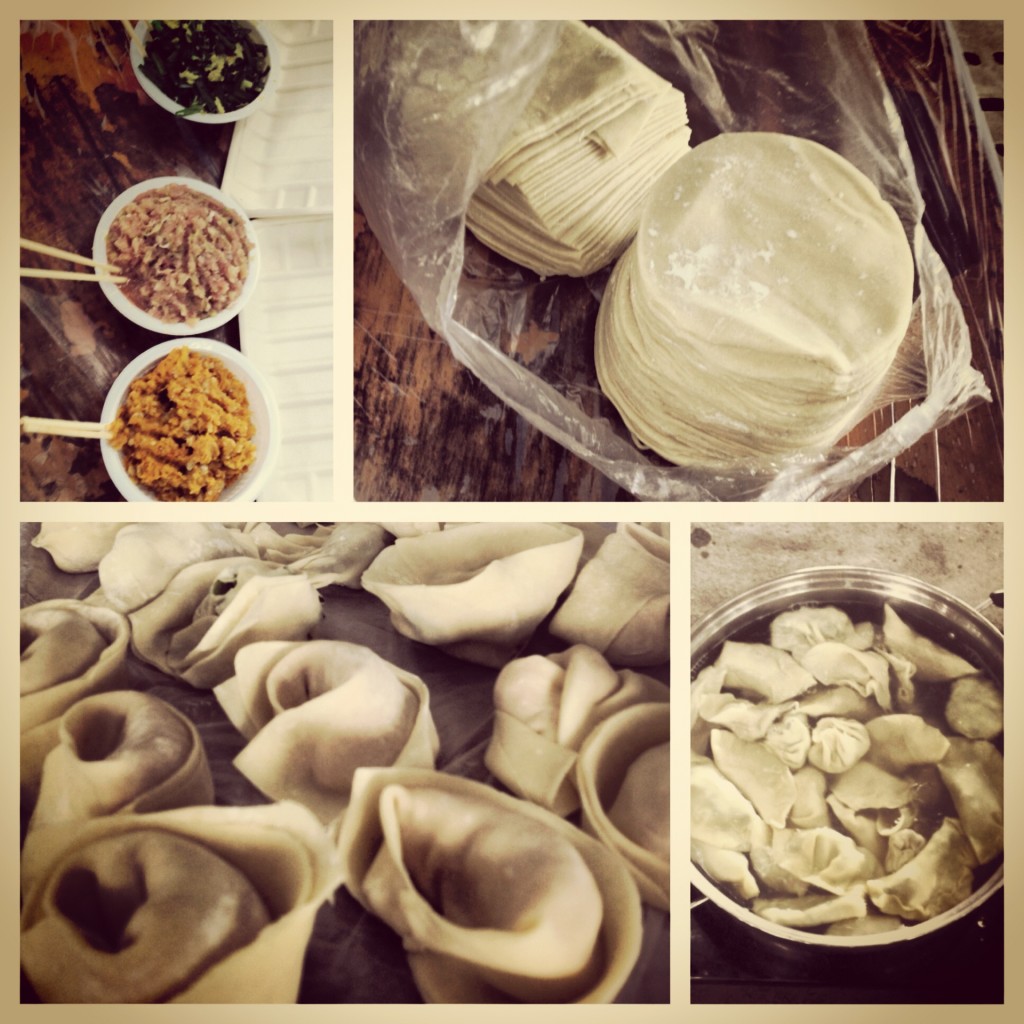I have always prided myself on being diplomatic, willing to talk things out and find common ground. I not only thought that this was possible, but I thought for the most part, with the right approach and willingness on both sides, it was easy. Living abroad in China taught me otherwise.
While representing a group of my colleagues on a leadership committee, I gained my first “real” lesson in diplomacy. One of our first tasks was to plan a community building activity for all of our colleagues, to allow everyone to have some fun while also getting to know each other better. It was simple: Plan a cross-cultural activity that would appeal to both foreign and Chinese employees.
We decided we would go to a nearby park and do some hiking and mountain climbing. It was all settled. But then, last minute, at 11:30PM, two of my Chinese co-committee members told us “it was too hot” to climb a mountain. I was dismayed at the way our plans had been suddenly turned over, after it seemed we had all agreed on the plan, but we chose to meet again the following morning to find another team building activity.
The next morning, I felt my frustrations rise as the excuses for not climbing the mountain, although understandable, were not really serious enough to entirely scrap the plan. Rather than argue, I held my tongue, and we continued to brainstorm.
An hour later, of back and forth deliberating, we finally decided to cook jiaozi (dumplings) and shao kao (BBQ) together. We agreed to break into two teams to figure out the logistics.
Two hours later, our fairly simple plan was again up in the air. Frustration levels rose as we struggled, not only to communicate but also to understand each other. We worked at an agonizing pace, with logistics agreed upon only to be brought up again for discussion. After an hour of these “negotiations,” we ended the meeting with a grocery list.
Later, I walked downstairs and was pleasantly surprised to see the array of vegetables that had been purchased. However, upon closer inspection, I began to notice that there were some strange ingredients not on the list. I pointed to a bag of small spotted eggs, and asked”这是什么?” (What is this?). One of the fellows thought about it, trying to figure out how you translated the word into English. After a short pause and a quick dictionary reference he exclaimed, “They’re quail eggs!”
I wasn’t sure what we would be using those for – or the marshmallows they had all purchased, off-script – but I decided that I should just trust their judgment. The day, after all, had been characterized by surprises, compromise, discussion, misunderstanding, more surprises, and more discussion.
The event was a hit. We played team-building games as the food was being prepared and commiserated about how unbearably hot it was. And when we finally began to fill, fold, and cook the jiaozi people were snapping pictures, laughing, and enjoying the activity. Small groups of 5-6 huddled around various fire pits cooking shao kao and eating the boiled dumplings. For all the head-ache inducing planning we went through, nothing could have gone better. I was glad I learned my first lesson in diplomacy. We had all grown closer as a result of not only the actual event, but also of the planning.
[slideshow_deploy id=’5609′]
[:zh]


